2,000-Year-Old Serpentine Stone Mask
This mask was found in 2011 at the base of the Teotihuacan Pyramid of the Sun in Mexico. It is believed that 2,000 years ago this mask was placed as an offering to the gods. Archaeologists also found pieces of obsidian and pottery.
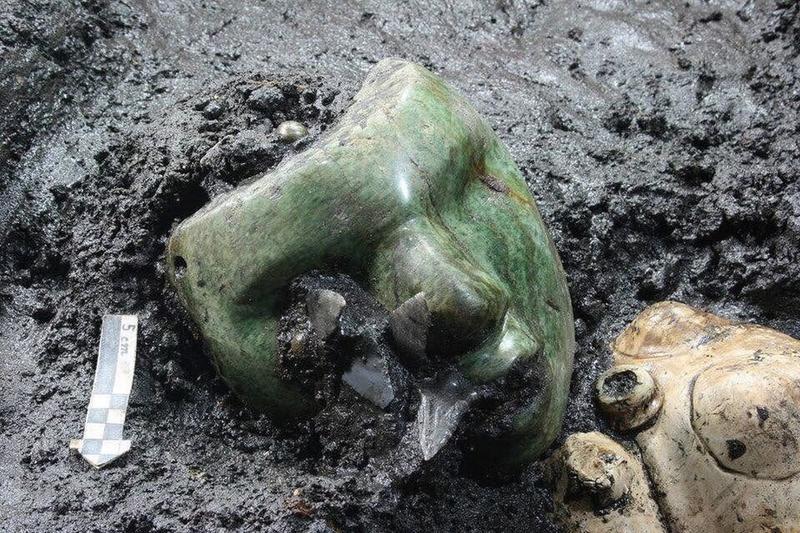
2,000 Year Old Serpentine Stone Mask
Ottoman Supply Train From World War I
T.E. Lawrence, better known as Lawrence of Arabia was a brave soldier during World War I. He served in the Middle East in 1917. That’s where he and his troops destroyed trains and railroads that served the Ottoman supply.

Ottoman Supply Train From World War I
Japanese Giant Spider Crab
This giant spider crab looks like it belongs in a sci-fi movie but it’s very real. They can weigh up to 42 lbs and measure up to 18 feet in length. They live in holes deep in the ocean so they’re not easy to spot.

Japanese Giant Spider Crab
Armored Gloves Belonging to Maximilian I
These armored gloves were also known as gauntlets or war gloves. Maximilian I was a Holy Roman Emperor in 1508 and it was believed that he wore these gloves until his death in 1519. These war gloves protected knights’ hands and forearms during hand-to-hand battle.
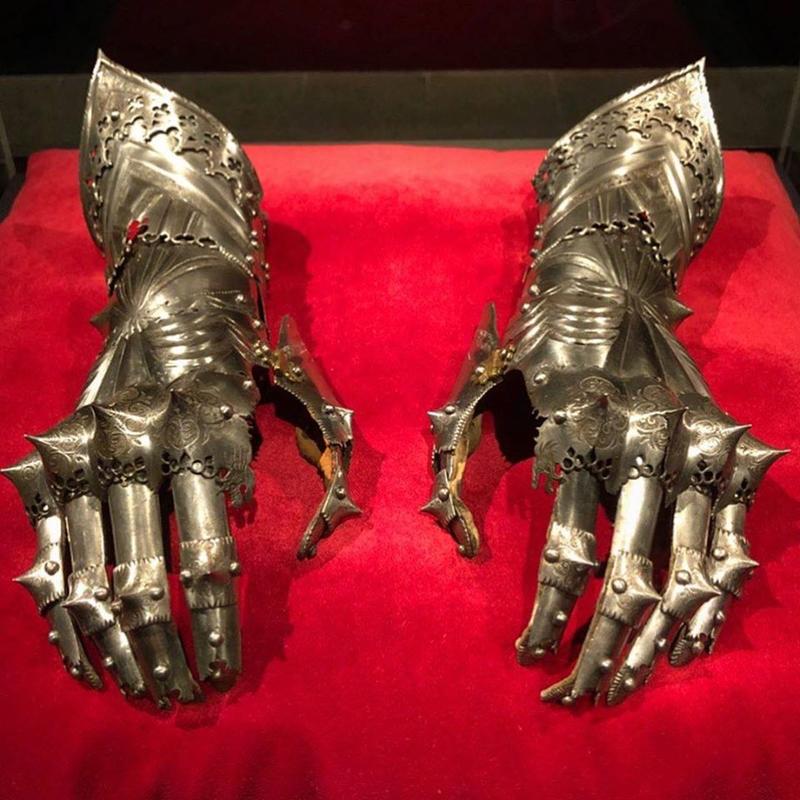
Armored Gloves Belonging To Maximilian I
Prehistoric Inuit Sunglasses
For generations, people have seen the sun as the enemy of vision. 4,000 years ago, the Inuits invented sun goggles to prevent them from going snow blind when they trudged through the snow. These goggles kept the sun’s ultraviolet light out of their eyes.
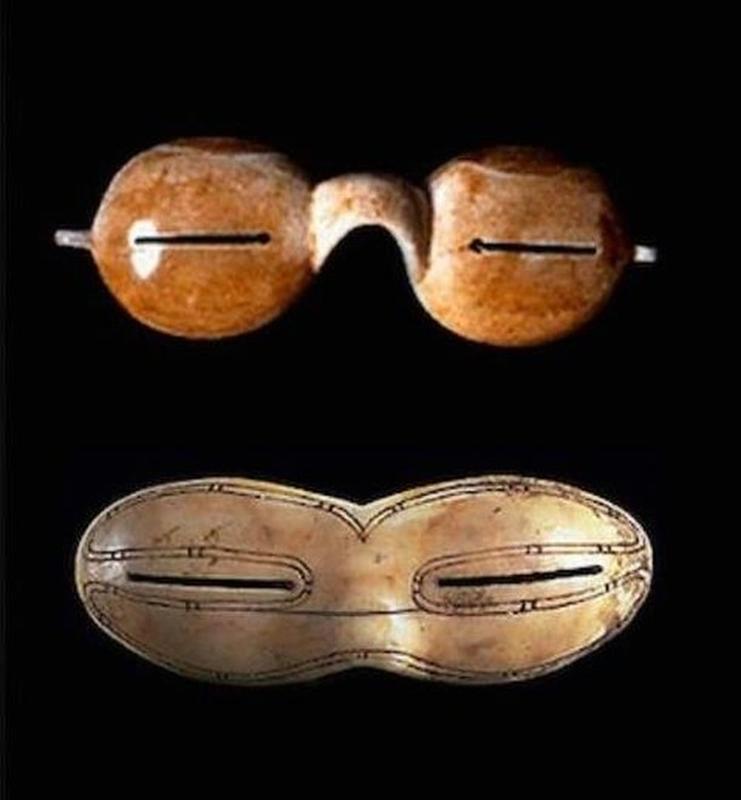
Prehistoric Inuit Sunglasses
Bernhard Otto Holtermann With A 630-Pound Gold Nugget
Bernhard Otto Holtermann was born in Germany in 1883. He left Germany to avoid military service and set sail to Australia. Here he owned part of an Australian claim where gold was discovered. Here he was photographed with a 630-pound nugget he discovered.
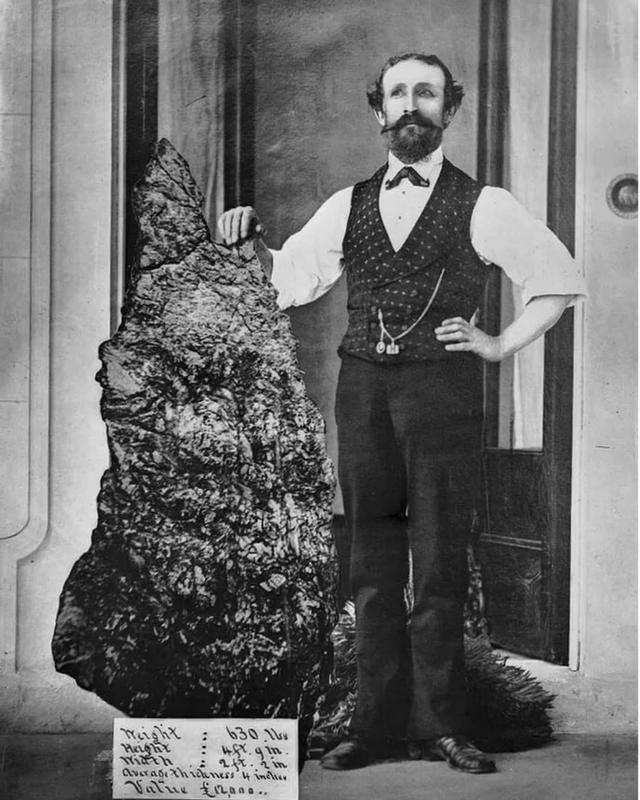
Bernhard Otto Holtermann With A 630 Pound Gold Nugget
Custom Made Watch Belonging To Marie Antoinette
This one-of-a-kind pocket watch was commissioned in 1783 by a male suitor as a gift for Marie Antoinette, the Queen of France. Unfortunately, she never got to enjoy the watch because it was only completed 34 years after she was sent to the guillotine.
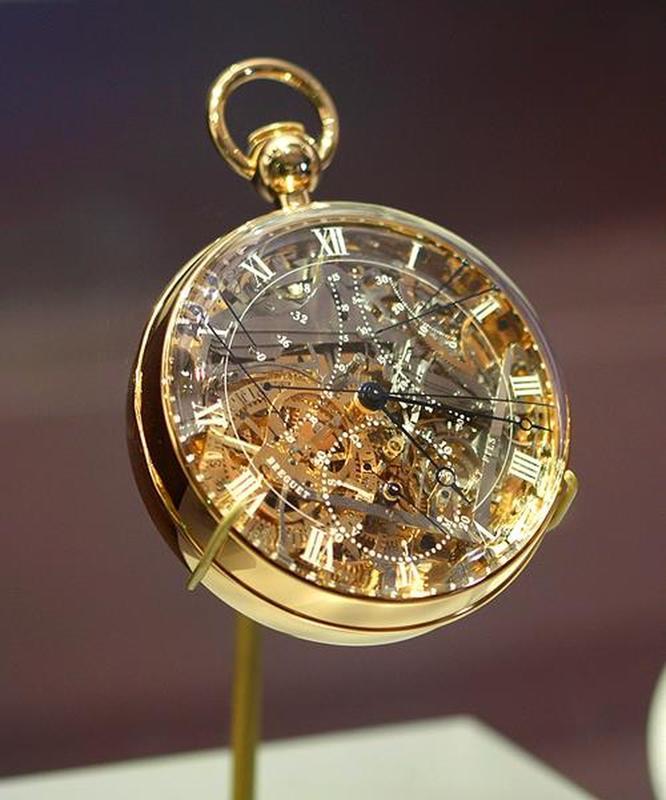
Custom Made Watch Belonging To Marie Antoinette
World War II Rations
Sometimes soldiers that fought in WWII had to eat k-rations. The contents always included a kind of tinned meat and crackers to make a kind of sandwich. It also included some luxuries such as a piece of chocolate, gum, and cigarettes.
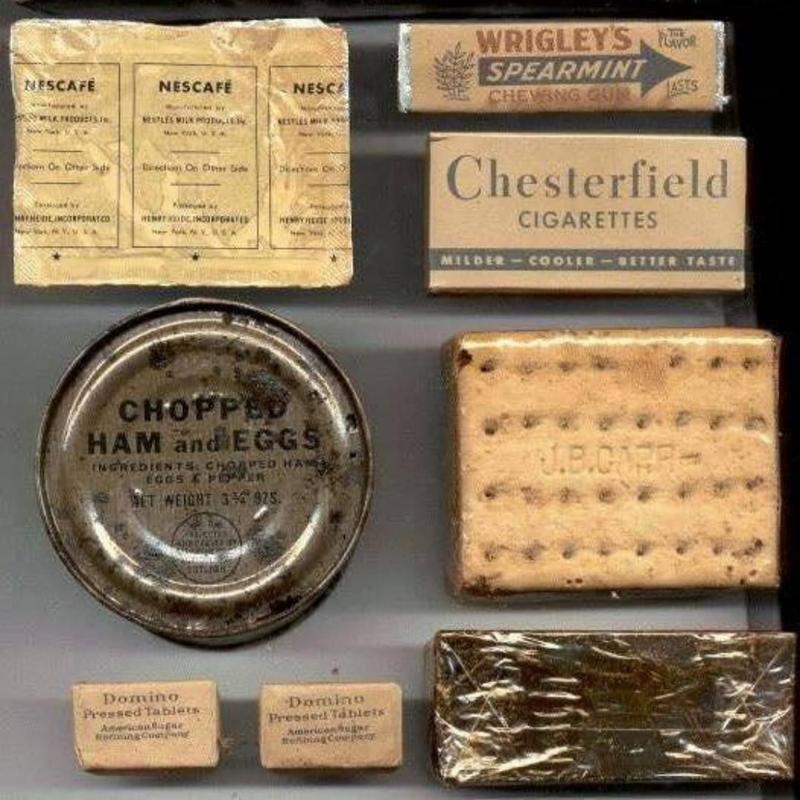
World War II Rations
The Breastplate Antoine Fraveau Wore During The Battle Of Waterloo
While serving Napoleon in the 19th century Battle of Waterloo, Antoine Fraveau was caught in the line of fire. His golden breastplate could have protected him from a sword during battle. But unfortunately, it didn’t protect him from being blasted with a cannonball.
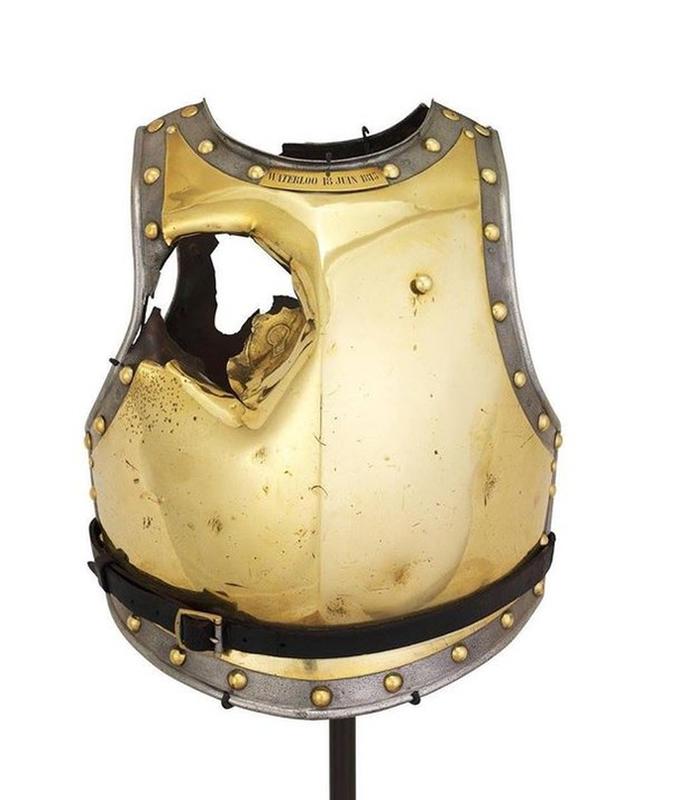
The Breastplate Antoine Fraveau Wore During The Battle Of Waterloo
King Tutankhamun’s Royal Sandals
History books will tell you that shoes worn in ancient times were flimsy or that people primarily walked barefoot but these sandals tell a different story. They show that the Egyptians cared about fashion and that they had a variety of shoes.
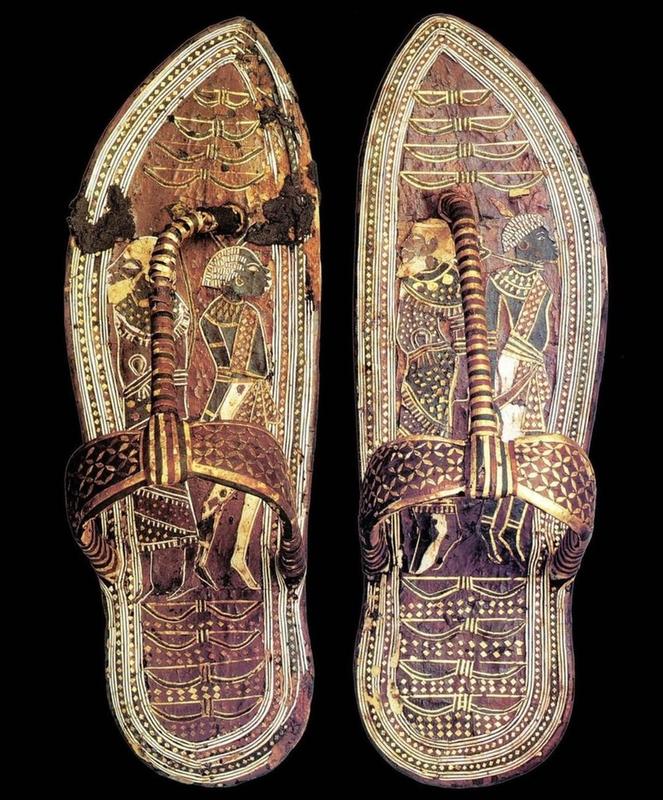
King Tutankhamun’s Royal Sandals
Wreckage Of A Kittyhawk P-40 Plane
In 2012 this Curtiss P-40 Kittyhawk was discovered by a Polish oil company. Flt. Sgt. Dennis Copping was flying this Kittyhawk when it went down in the Sahara Desert in June 1942. No-one knows what happened to Sgt. copping to this day.

Wreckage Of A Kittyhawk P-40 Plane
Cau Vang Golden Bridge In Vietnam
Vietnam is a fascinating country but it remains one of the most unexplored places in the world. One of its most beautiful pieces of architecture is the Cau Vang Golden Bridge. It is held up by two giant stone hands.

Cau Vang Golden Bridge In Vietnam
Early Toaster
Since the invention of electricity in the late 1800s, many electrical appliances started popping up. This early toaster was invented in the1920s but it didn’t quite work like our modern-day toasters. This one toasted one side of the bread at a time.
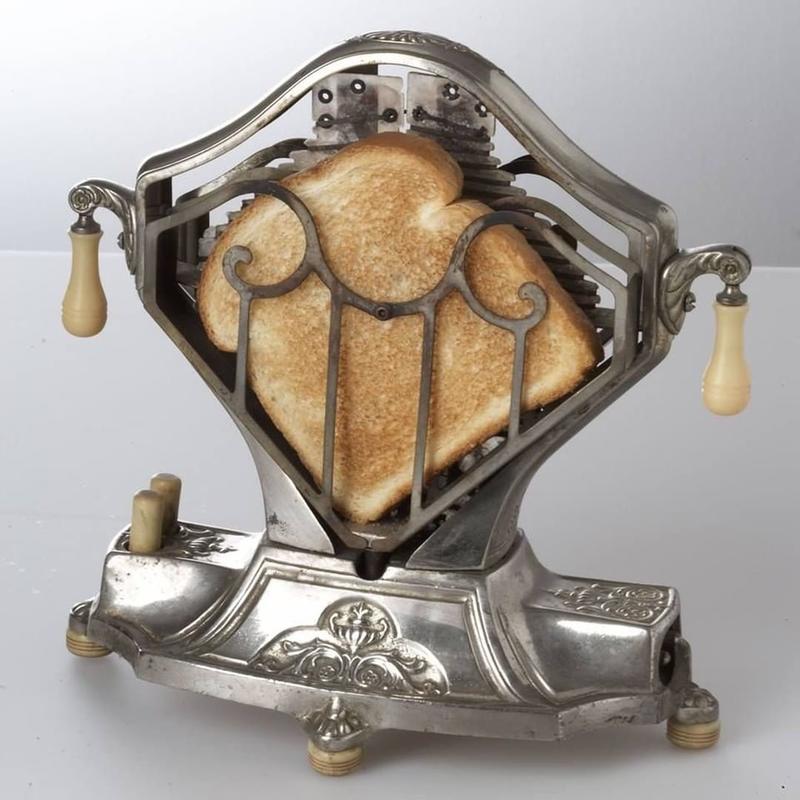
Early Toaster
$10,000 Bottle Of Wine Offered For Osama Bin Laden’s Capture
After 9/11, the Taliban’s leader Osama Bin Laden became the most wanted man in the western world. Restaurateur Ted Balesteri had jokingly offered his 141-year-old bottle of Chateau Lafite Rothschild as a prize if Defense Secretary captured Bin Laden.

$10,000 Bottle Of Wine Offered For Osama Bin Laden’s Capture
16th Century Ring Unfolds Into Sphere
This ring was made in the 16th century and it was so intricately made that it has multiple uses. It can fit around a finger and can also be folded out into a series of smaller rings creating an astronomical sphere.
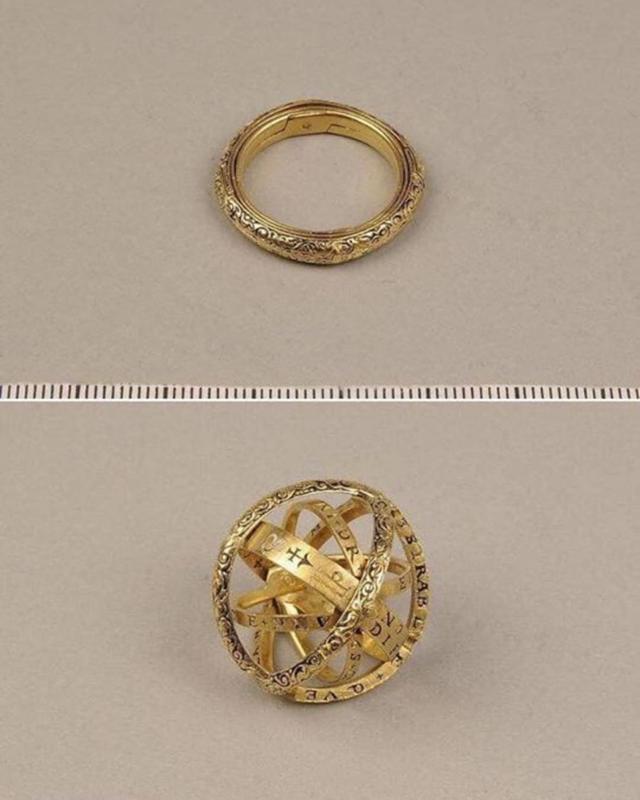
16th Century Ring Unfolds Into Sphere
World’s Oldest Astronomical Clock
The world’s oldest astronomical clock in Prague is still fully functional. Not only does it tell the time but it displays information about the Zodiac constellations, the moon, the sun, and even other planets. The Prague Astronomical Clock is known as The Orloj.

World’s Oldest Astronomical Clock
Preserved Boot Found In The Altai Mountains
This woman’s boot dates back to 300 BCE, which is over 2,300 years ago. It was perfectly preserved because it was frozen in the ground in the Altai Mountains. The fabrics and decorative crystals used show how fashion-conscious people were even back then.
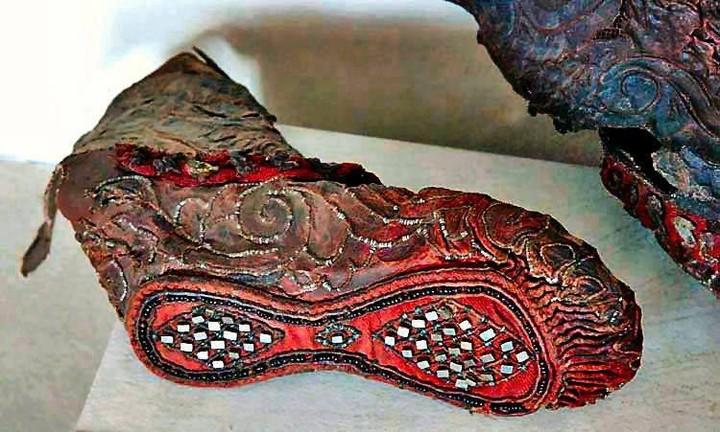
Preserved Boot Found In The Altai Mountains
Piece Of Fukang Meteorite
This piece of Fukang Meteorite is the most beautiful interstellar body ever found on earth. A hitchhiker found the meteorite outside of Fukang, a town in Xinjiang. It is made of Pallasite that is believed to have been formed 4.5 billion years ago.

Piece Of Fukang Meteorite
Rare Keaton Music Typewriter
The first Keaton Music Typewriter made in 1936 featured 14 keys. In the 50s it was updated to 33 keys. It has three space keys so the user can move the type head through various units. It looks complicated but it made sheet writing easier.
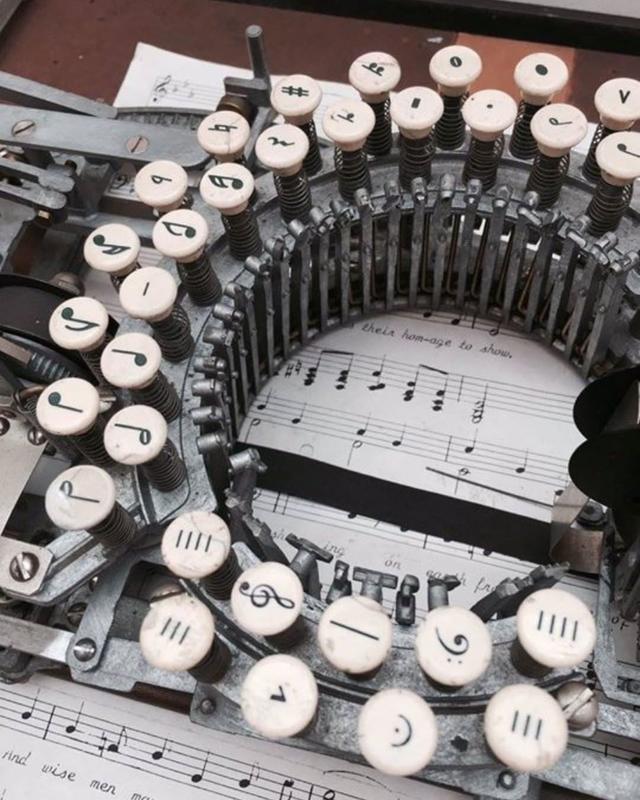
Rare Keaton Music Typewriter
Sitting Buddha Statue
In 2015 Dutch researchers performed a CT scan on a statue of a sitting Buddha. The scan revealed that encased within the statue was a monk that had been mummified for 1,000 years. The monk was filled with scraps of paper with Chinese writing.
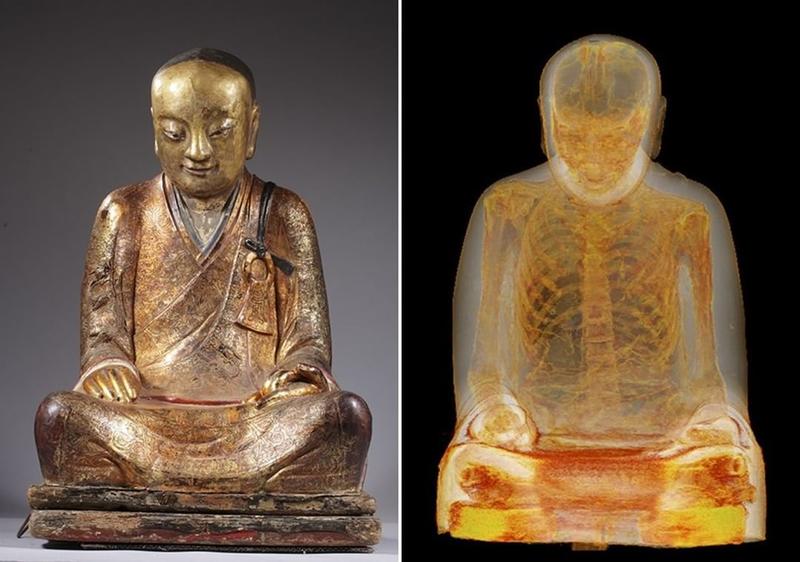
Sitting Buddha Statue
The First Firetruck To Arrive On The Scene On 9/11
This truck was the first responder on the morning of the attack on the World Trade Center. It was driven by Captain Patrick Brown and sadly, he and the firefighters in the truck lost their lives when the North Tower toppled.

The First Firetruck To Arrive On The Scene On 9/11
The Safe That Sealed Legendary Whiskey Distiller Jack Daniel’s Fate
Jack Daniels wanted to get some papers from his safe but couldn’t remember the combination so he kicked it several times, which caused a nasty infection on his big toe. That infection turned gangrenous and spread all over. On October 19, 1911, he died.
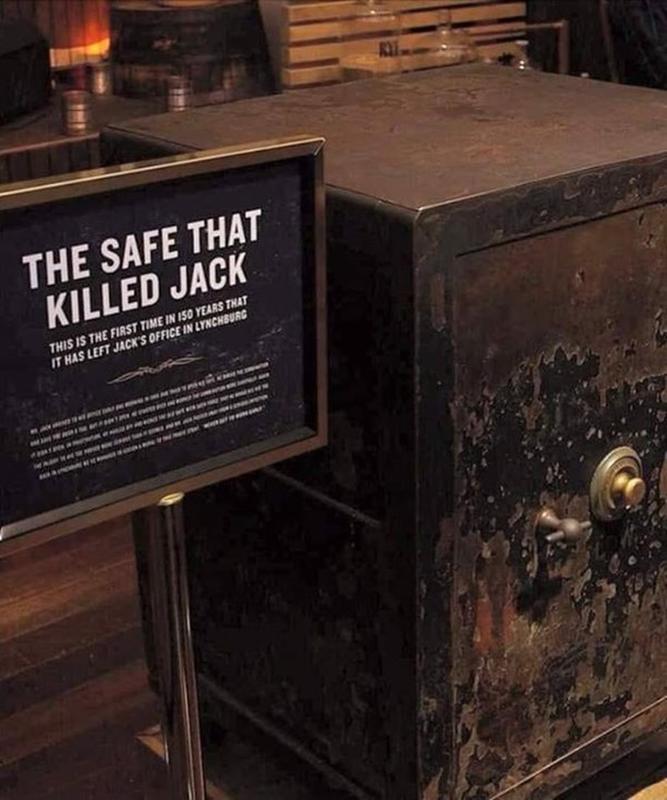
The Safe That Sealed Legendary Whiskey Distiller Jack Daniel’s Fate
Wooden Dragon Bench Carved With A Chainsaw
Igor Loskutow is a German artist with incredible talent. He carved this dragon bench using a chainsaw. The bench was awarded the top prize at the Huskycup World Title in 2015. He and his team travel across Europe to show off their skills.
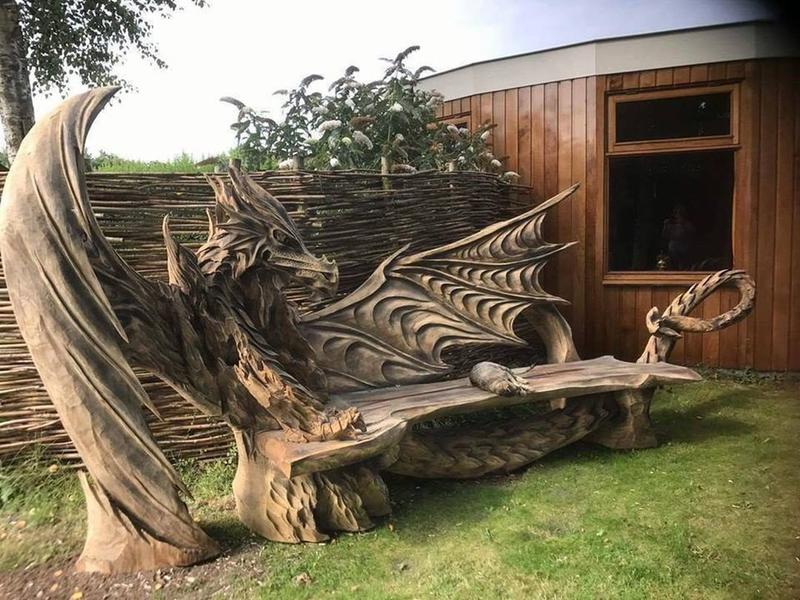
Wooden Dragon Bench Carved With A Chainsaw
Medical Kit From The American Civil War
Medics during a war don’t have the comforts of an operating room and all the necessary equipment but they have to make do with what they have. Not only do they have limited resources but they have to work under immense pressure.
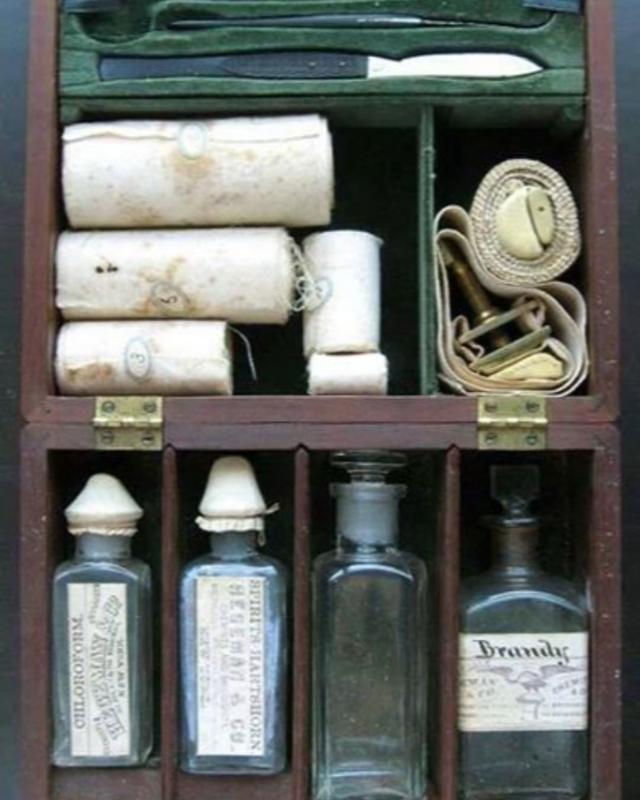
Medical Kit From The American Civil War
Skull Of Roman Legionnaire Killed In The Gallic Wars
Waged by Casaar and the Romans the Gallic wars took place between 58 BC and 51 BC. it took place in present-day Belgium and France. This skull was found with a spear still lodged in it. The Romans defeated the Gallic tribes in the end.
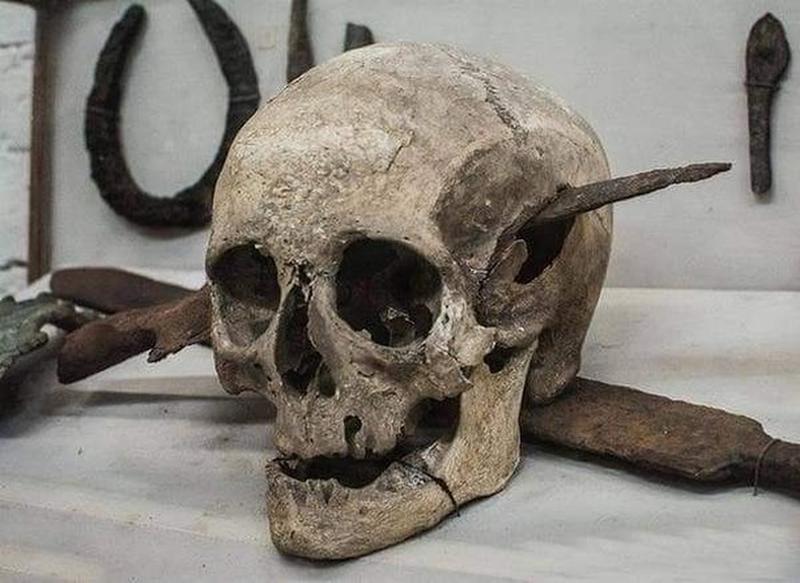
Skull Of Roman Legionnaire Killed In The Gallic Wars
500-Year-Old Boxwood Miniature
This 16th-century wooden box is so intricate that it’s mind-blowing. It was made in the Netherlands most probably as a status symbol for the ultra-wealthy European people 500 years ago. It included religious moments from the Bible and the daily life of the different classes.
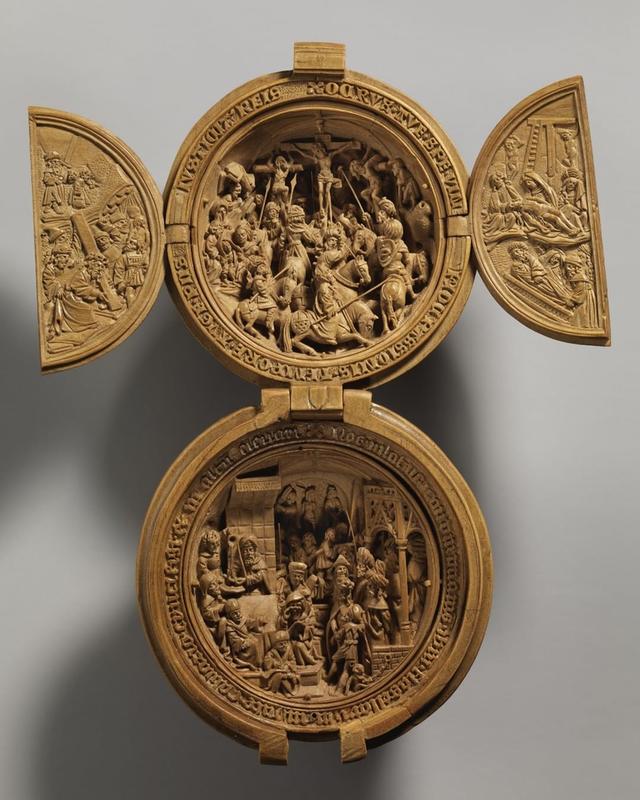
500-Year-Old Boxwood Miniature
A 1905 Fuchsias Necklace Made By Georges Fouquet
George Fouquet was a French jewelry designer that put together this intricately delicate necklace in 1905. He specialized in art nouveau necklaces and his jewelry was considered a fashion statement. You’ll find some of his work at the Metropolitan Museum of Art in New York.
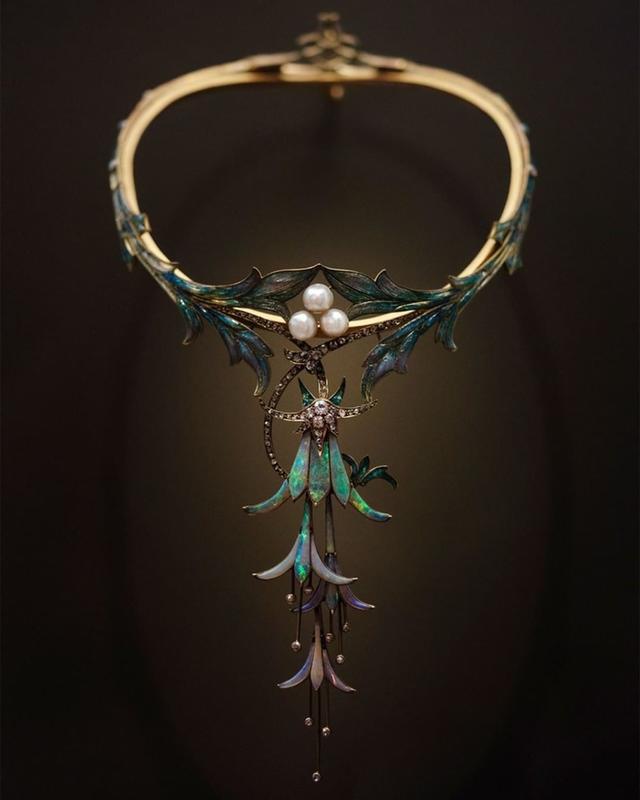
A 1905 Fuchsias Necklace Made By Georges Fouquet
Head Stone Of Olmec Warrior
This colossal head sculpture of an Olmec warrior was found near La Venta and San Lorenzo. Researchers don’t know much about the Olmec but this headstone gives them a small insight into what they may have looked like and how strong they were.
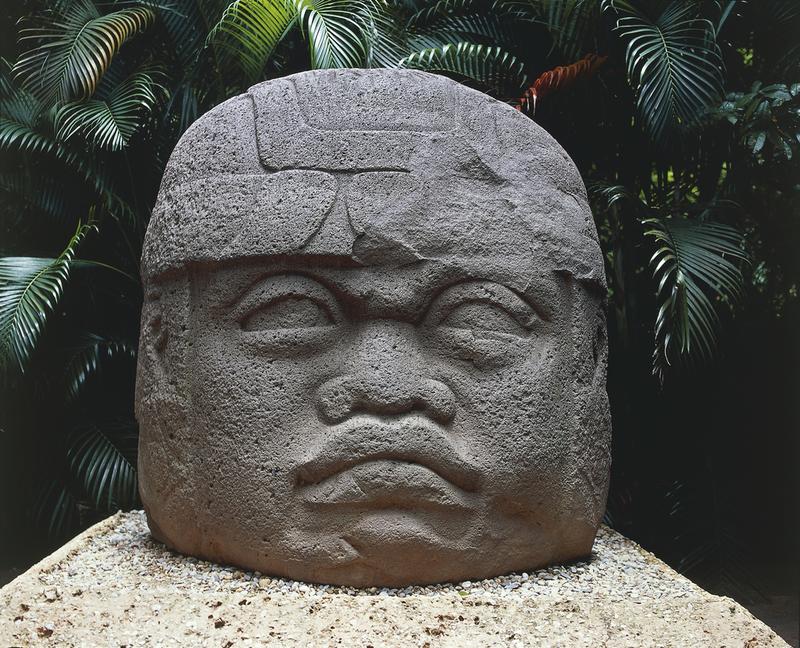
Head Stone Of Olmec Warrior
Ornate Silver Ice Cream Spoons
These spoons were made in the Victorian era which was when everything had to be a little more ornate and intricate than necessary. Eating your favorite ice cream with these spoons was more fun and enjoyable because of the shell design.
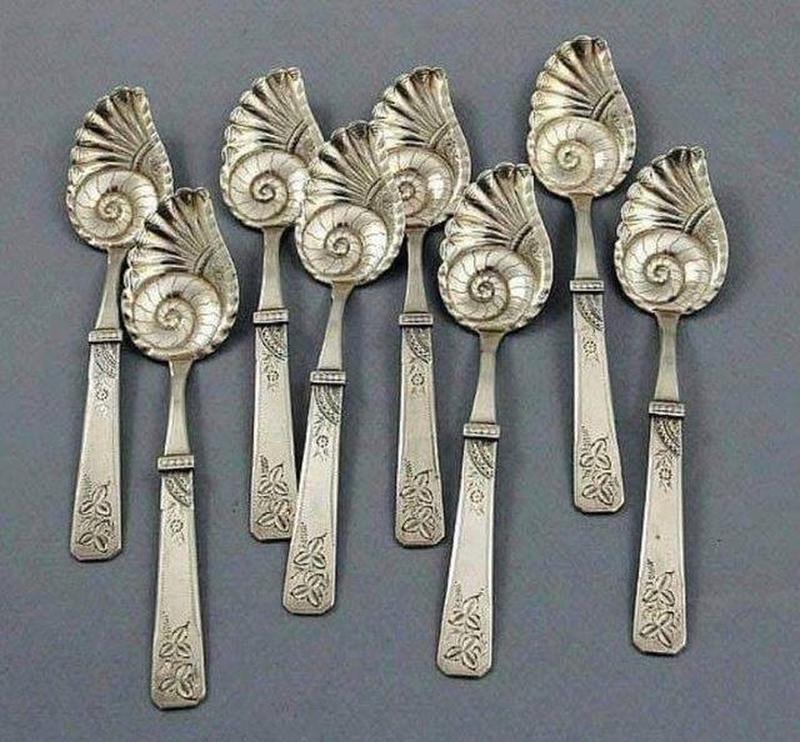
Ornate Silver Ice Cream Spoons
An 1867 Sewing Machine
One of the most contested inventions of the 1800s was the sewing machine. Walter Hunt developed the sewing machine between 1832 and 1834. The first version was built by hand and interlock a stitch with two threads. Updates were made throughout the years as technology improved.
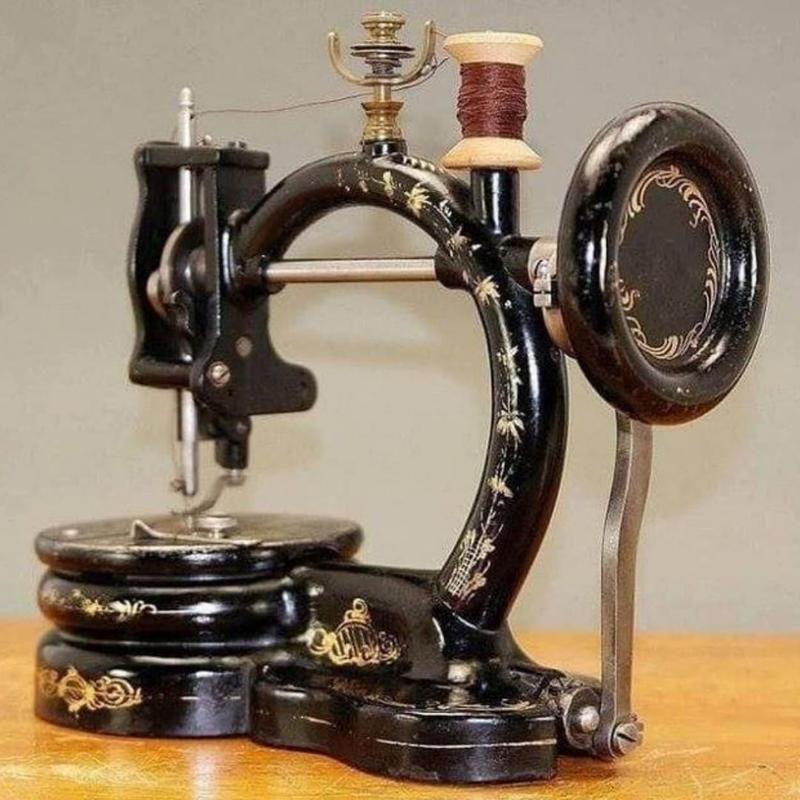
An 1867 Sewing Machine
19th Century Carved Wooden Skeleton Rocking Chair
This handcrafted skeleton chair may look macabre but it’s incredibly ornate and delicate. Many carpenters have attempted to copy the 19th-century one that stands at 54 inches tall but they don’t come close to the original. It looks gothic but is apparently very comfortable.
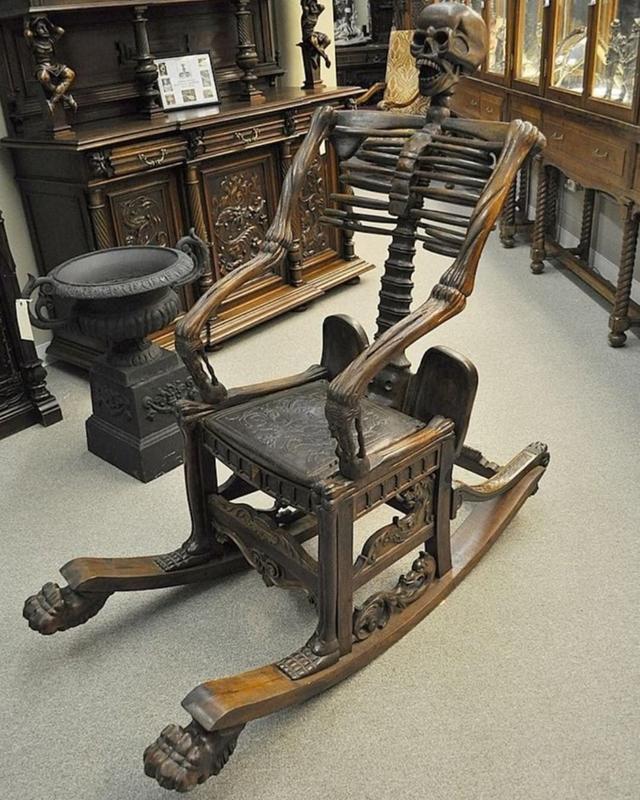
19th Century Carved Wooden Skeleton Rocking Chair
Small Ornate Axe From The 1500s
Back then blacksmiths worked on tools such as if they were pieces of art. A small axe like this could have been used for chopping or even for throwing during battle. This one, however, is too intricate and delicate, so it was probably for decoration purposes.
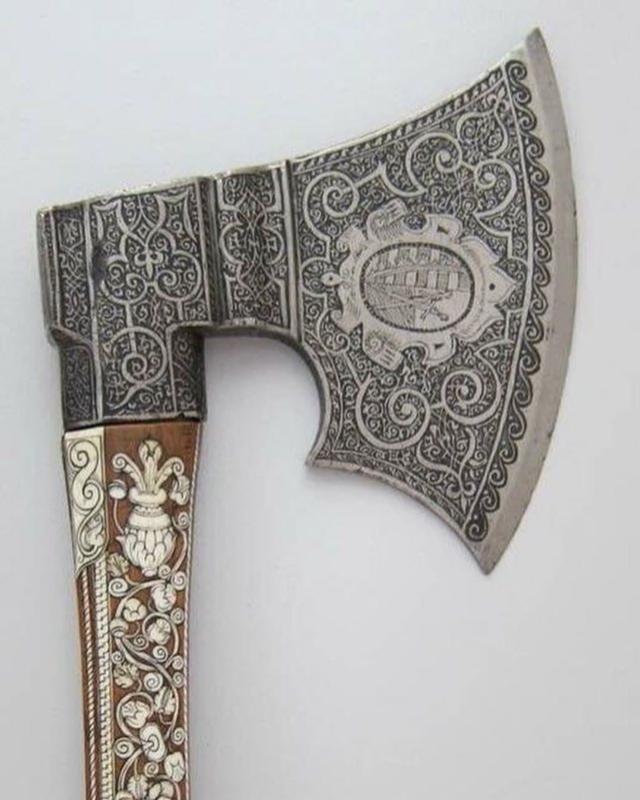
Small Ornate Ax From The 1500s
Carbonized Bread from 79 A.D. With The Baker’s Stamp
In history, we learn that Pompeii was destroyed in 79 A.D. by the eruption of Mount Vesuvius. Many artifacts, people, and homes were preserved by a thick blanket of ash. It’s a miracle that a loaf bread survived and it looks astonishing.

Carbonized Bread From 79 A.D. With The Baker’s Stamp
Buried Remains Of A Thracian Carriage And Its Horses
In the village of Svetari in Bulgaria, Archaeologists discovered the remains of an intact carriage still connected to the complete skeletons of two horses. The carriage still has all four wheels, a boot, and its seat. This is an unusually well-preserved find.

Buried Remains Of A Thracian Carriage And Its Horses
A 1930s Quirky Bat Lantern
This quirky lantern is made of cast iron and is shaped like a bat. It would be the perfect Halloween decoration. Maybe it was made for that specific purpose. Those days they made their decorations and kept them for the following years.
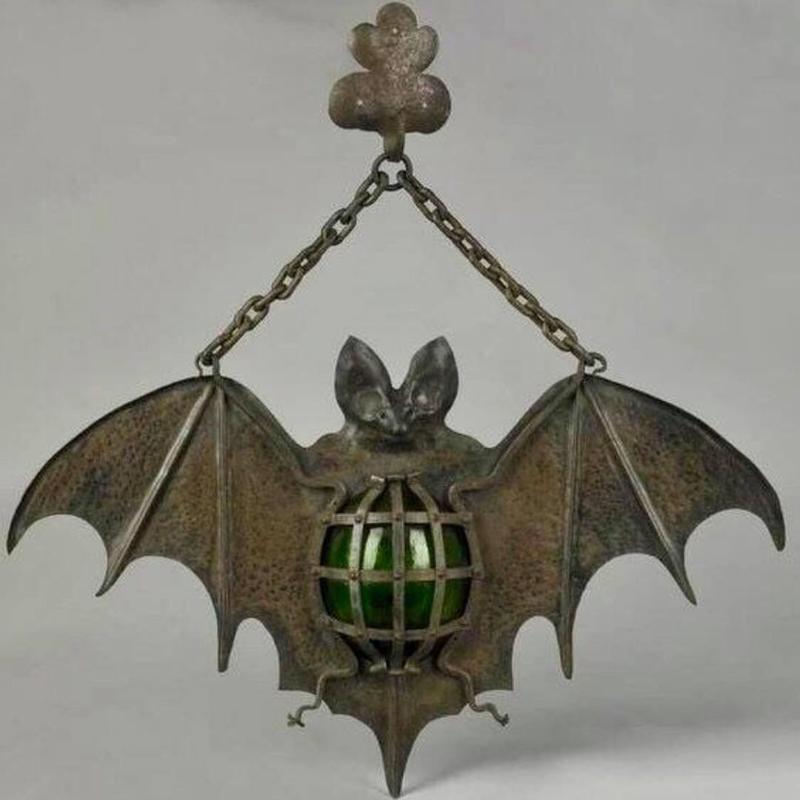
A 1930s Quirky Bat Lantern
Rare 16th Century Golden Compass and Sundial Ring
People in the 16th century didn’t have the luxury of watches to tell the time. They relied on the sun to know what time of day it was. This ring was multi-purpose as it could tell the time, the date, and help with directions.
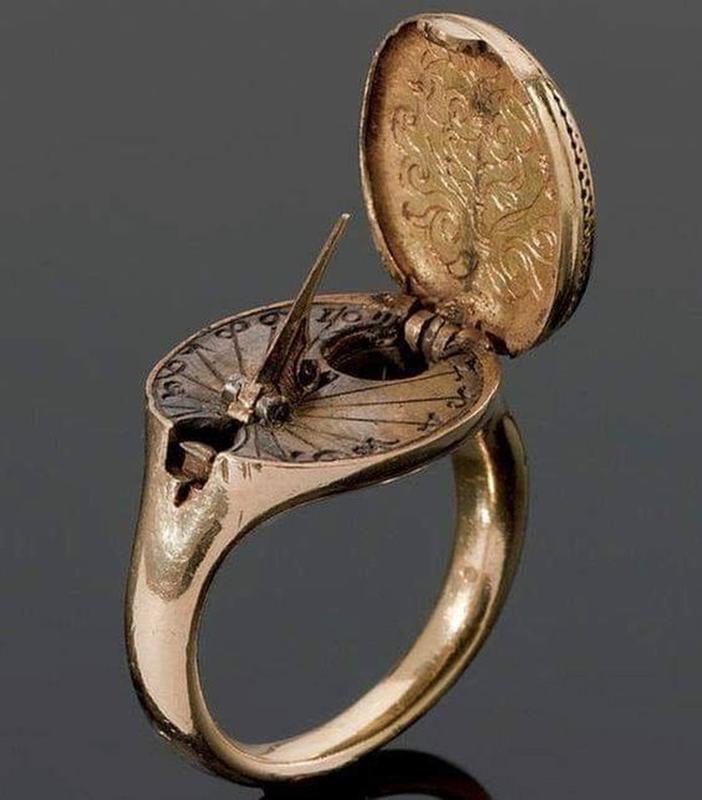
Rare 16th Century Golden Compass And Sundial Ring
A Tree Growing Through An Abandoned Piano In The Woods
This tree/piano combo can be found in a forest near California State University, Monterey Bay. Apparently the tree didn’t grow through the piano, it was actually a student who placed the piano around the tree. That must have been a lot of work!

A Tree Growing Through An Abandoned Piano In The Woods
A Diving Suit From 1882
This suit was designed in the Victorian era by the Carmagnolle brothers in Marseilles. It had 22 joint so it allowed for more movement than previous designs. It had 25 individual 2-inch glass viewing ports but weighed 800 pounds so it took in water.

A Diving Suit From 1882
An Antique German Hearse
This hearse has carved angels and a glass door which wasn’t the norm for a hearse. It is a fascinating vehicle made during the typically ornate Victorian era in Dresden, Germany. It must have been the hearse of choice back in the day.
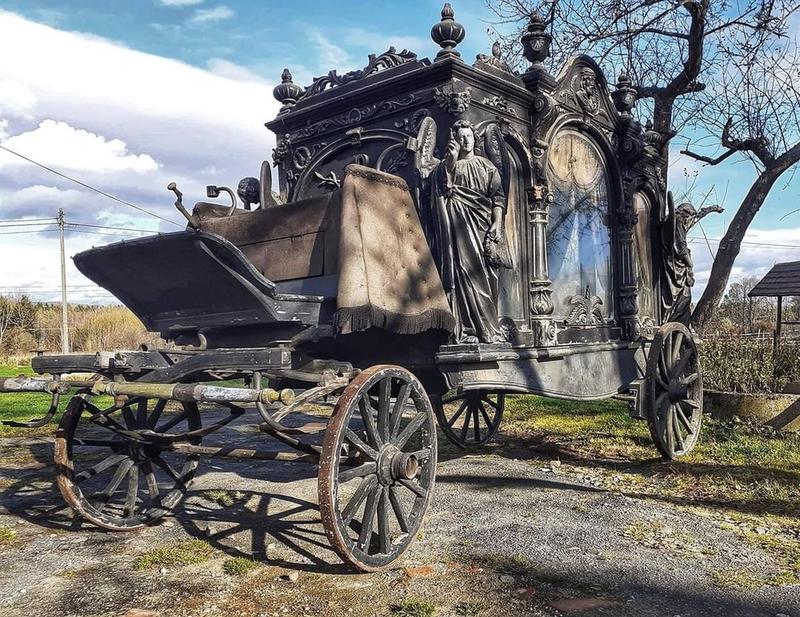
An Antique German Hearse
18th Century Carved Wooden Doo
In the 18th century artisans carved beautifully intricate and detailed pieces of work, which included doors and tables. Germans have had a love for woodwork for centuries and this door is proof of that. Because of German immigrants, you can find similar items in America today.

18th Century Carved Wooden Door








